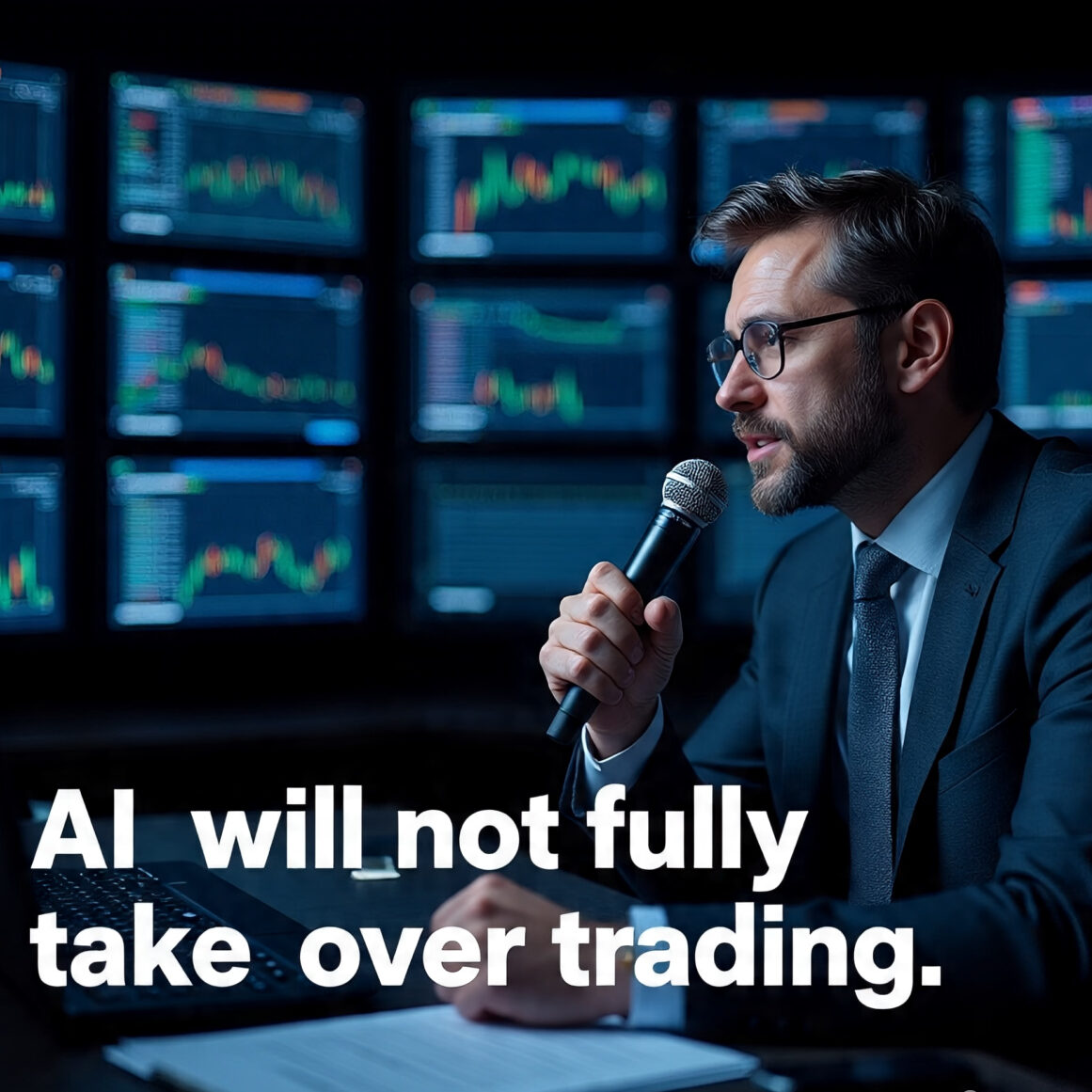
The CEO of Robinhood emphasized that artificial intelligence (AI) will not completely replace the essential human elements of trading. Vlad Tenev stated that while AI represents a platform shift, human involvement remains crucial in making critical trading decisions. Leaders from Goldman Sachs and Citadel also shared their perspectives on the integration of AI in the investment sector. Tenev highlighted that AI is not yet prepared to assume full control over the human aspects of trading, emphasizing the enduring importance of human intuition and engagement in business. In an interview with Bloomberg Wealth, Tenev reiterated that trading is not solely about financial gain but also reflects a passion for the activity. He expressed his belief that AI will not entirely supplant human decision-making processes in areas such as financial planning and strategizing. Tenev, who co-established the brokerage platform in 2013, suggested that AI could represent a more significant transformative shift than mobile and cloud technologies. While acknowledging the increasing adoption of AI across industries, he maintained that humans will continue to play a pivotal role in directing trading activities. Tenev underlined that AI would serve as a valuable tool to support traders and enhance overall financial management but stressed that ultimate decision-making authority would remain with humans. He previously discussed how investors derive genuine enjoyment from trading during an interview with Axios in August. Robinhood recently revealed plans to develop a social media platform enabling users to share their trades and monitor the activities of other investors, including public figures. Various CEOs have expressed caution about labeling AI as the sole future of trading. Ken Griffin, founder and CEO of Citadel, downplayed the revolutionary impact of AI on the investment sector, describing its use as primarily enhancing productivity rather than completely transforming financial operations. Similarly, Goldman Sachs CEO David Solomon acknowledged AI’s significant contribution to productivity within investing but also recognized its limitations in completely reshaping financial practices. Solomon highlighted how technological advancements had accelerated processes within banking over the years, transforming time-consuming tasks into instantaneous actions. Goldman Sachs has ventured into projects such as Louisa AI to revolutionize deal-making practices on Wall Street by leveraging advanced analytical capabilities to process vast amounts of information effectively.
